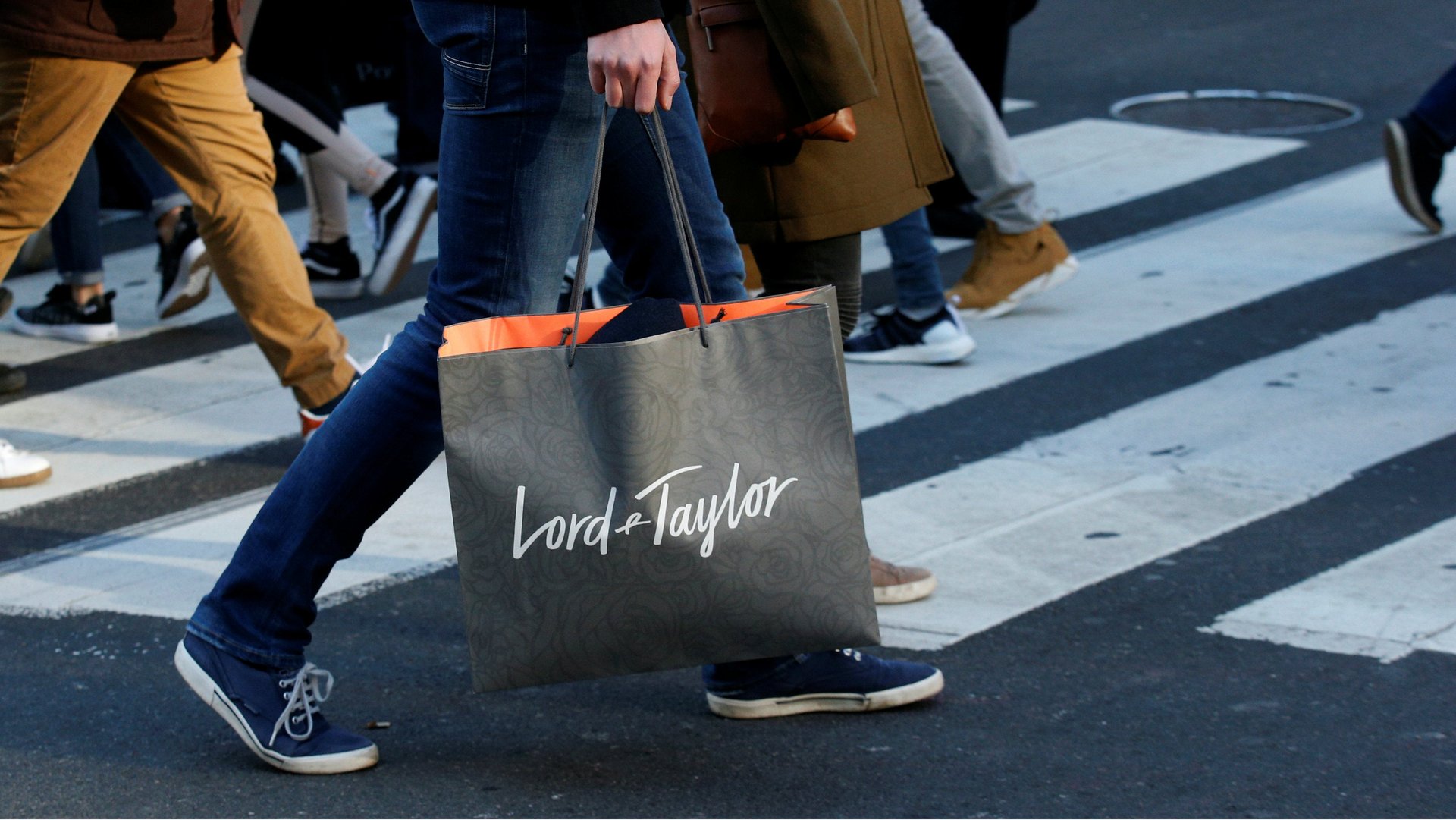Americans are splurging on all flavors of subprime debt
American subprime borrowers are stocking up on all kinds of debt, from home mortgages to automobile loans and credit cards. Personal loans have been especially perky, as financial technology upstarts compete to lend to consumers with spotty credit histories.


American subprime borrowers are stocking up on all kinds of debt, from home mortgages to automobile loans and credit cards. Personal loans have been especially perky, as financial technology upstarts compete to lend to consumers with spotty credit histories.
The amount of personal loans outstanding rose to $132 billion in September, an 18% increase from a year earlier, according to data from TransUnion, a credit bureau. The subprime segment grew at the fastest rate, expanding 28% from the same period in 2017. SoFi, Marcus, Prosper, Best Egg, Avant, and Upstart account for more than 30% of all new personal loans (subprime as well as higher quality prime debt), according to Experian.
A healthy economy is one reason for the borrowing uptick. So far, delinquency rates—a measure of how well loans are performing—are lower than they were in 2015 and 2016, according to TransUnion. Lending has also gotten a boost from the Trump administration, which has relaxed some financial regulations and prevented consumer protections targeting high-interest lenders and payday loans from coming into force.
“The favorable regulatory environment has fueled growth in non-prime lending, with fintechs leading the way,” Jason Laky of TransUnion said in a statement. “Banks and credit unions continue to compete in the personal loan market and are offering larger loans and longer terms to prime and better consumers, whose overall balances are growing the quickest.”
Personal loans used to be mainly used by people with poor credit who lacked access to credit cards or home-equity loans. Such debt is unsecured, meaning it’s not backed by collateral like for car loans and home mortgages. Unsecured debt can result in greater losses for lenders when there’s a default.
Fintechs have reinvented personal loans. Their digital platforms can quickly analyze and make a decision on whether to lend money. The lack of collateral means less paperwork, which speeds up the borrowing process.
While growing debt loads may be a sign of a robust economy, it also raises questions about how these loans will hold up when conditions eventually deteriorate. The new breed of financial firms sometimes tout proprietary credit scoring. Avant, for example, says it uses big data and machine learning in its lending decisions, but it hasn’t yet been tested in an economic contraction.
Personal loans, which are sometimes used to refinance credit-card debt or for things like home improvement, are still a sliver of all consumer credit, which amounts to around $4 trillion. We may soon find out if fintech pixie dust is helping extend credit to underserved borrowers capable of paying it back, or whether the new subprime debt is a lot like the old subprime debt.
The future of finance on Quartz
- This week Quartz launched its membership program. Our first series is about the future of digital money: Cash is dead— long live cash.
- We’ve got a giant guide to a world without paper money, a Q&A with Harvard’s anti-cash professor Kenneth Rogoff, as well as stories about the reinvention of M-Pesa and the cash economy that keeps America’s legal marijuana businesses running.
- Elsewhere at Quartz, India is looking to ban bitcoin. That could mean cracking down on exchanges, which may push trading underground.
- Technology is helping investors put their money where their morals are. A nonprofit has created an online screening tool to find out how a given mutual fund scores in terms of gender equality.
- Narendra Modi cracked a crypto tech joke. The Indian prime minister, of all people, said the best way to raise lots of cash is to say you’re working on a blockchain business.
The future of finance elsewhere
- Swiss regulators are investigating whether the country’s major banks colluded to boycott mobile payment providers like Apple Pay and Samsung Pay. Credit Suisse and UBS are among the banks reportedly targeted in the probe.
- Berkshire Hathaway bought a $4 billion stake in JPMorgan. Warren Buffett’s investment conglomerate also has positions in Wells Fargo and Bank of America.
- The UK has lost two-thirds of its bank branches (paywall) in the past three decades. Less populated parts of Scotland have been hardest hit, as consumers do more banking online.
- Binance warned Iranian users to withdraw their funds from its accounts. The Malta-based crypto exchange (crypto, remember, was meant to be a stateless digital currency) is looking to comply with US sanctions against the Islamic Republic.
- Ant Financial says tech services will be its primary business and not just payments. Chinese authorities have cracked down on Ant and Tencent’s payment businesses.
Previously, in Future of Finance Friday
Nov. 9: People who use mobile fintech apps tend to make worse financial decisions
Oct. 5: Elon Musk had a radical, revolutionary idea for finance in 1999 — it’s finally being realized